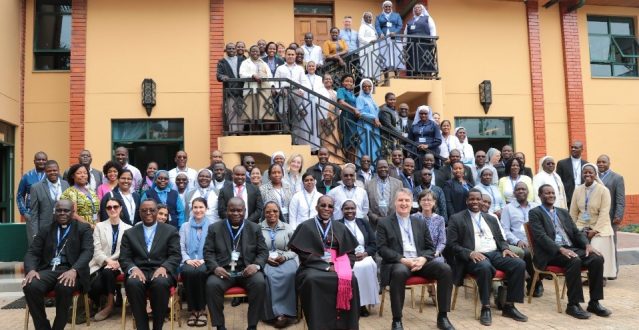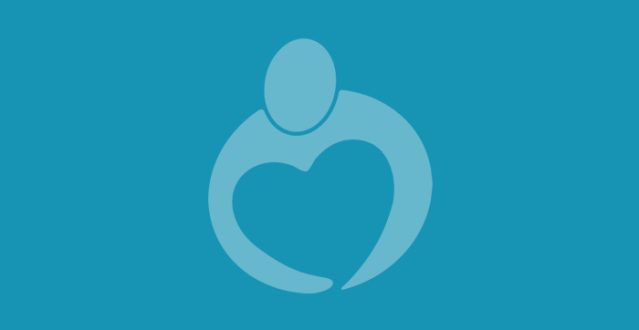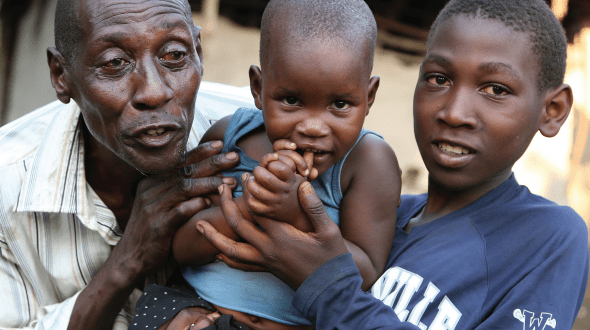Changing the perceptions of local communities is an important step in shifting the care of children from institutions to families. In this June 2022 video, Catholic Care for Children in Zambia describes its efforts and the progress that’s being made. You can read the full transcript of the video below.
Transcript of the video
Mbiliya Luhanga, Project Manager, Catholic Care for Children in Zambia
The government has stated very clearly that family-based care is the preferred care option for all children in Zambia, including children living with disabilities. Care reform has taken on a traditional process. Through the years we’ve noticed a break down the traditional extended family system that typically took in children who were vulnerable due to poverty, due to death of their parents. So that was like a safety net where these children could be cared for within a family setting and within their communities.
But unfortunately, with HIV /AIDS, as the nation was grappling with HIV, social economic meltdown, and poverty, we saw an increase in vulnerability at family level, which led to the need to establish childcare facilities in Zambia at that time. And there was a drive or push towards children being admitted into these childcare facilities.
The good part is that our government has shown strong political will in promoting family-based care for all children here in the country. They have established a very strong regulatory framework that is reflected in our laws and policies that promotes reintegration of children from childcare facilities back to their families and also looks at other alternative care options such as foster care and adoption. Over the years, we’ve seen an increase of families taking back children from facilities into their families and also an interest around foster care and adoption from various families within various communities.
Sister Elisabeth Muleya, Secretary General, Zambia Association of Sisterhoods
Zambia Association of Sisterhoods, commonly known as ZAS,is an umbrella body for all the women religious here in Zambia. It was founded in 1958. It consists of 46 congregations with a membership of over 1,500 sisters, both indigenous and missionary sisters.
The association runs a number of programs and projects. The CCCZ, which is Catholic Care for Children in Zambia, is one of the projects that is running under ZAS. Through Catholic Care for Children in Zambia, the association takes a proactive role in promoting the well being of children in Zambia, particularly looking at issues of child safeguarding and protection. But again, the project promotes family-based care as the best environment for nurturing the growth of a child.
Jeremiah Banda, Program Director, Zambia Association of Sisterhoods
The issues of changing the community attitude and mindset borders on sensitization activities that we have been undertaking through radio and also face-to-face interaction with the community.
Under the Catholic Care for Children project, we are working with the collaborative partners and Children in Families platforms, and we have been able to air some sensitization activities on radio and what we are getting as the feedback is that the community perception is slowly changing and they are now receptive to getting their children back into the families. I think we are seeing more positive response in terms of promoting family-based care unlike placing children into institutional care. It’s a gradual process, but I think we are getting there because we can now say that the community is really supportive of our initiative of placing the children back into the families
Internally, we can say the challenge has been to make our religious and clergy buy into what we are promoting. Of late, we are seeing really concerted effort also by our regional bodies and Association of Member Episcopal Conferences in Eastern Africa (AMECEA) and the national conferences that are engaging our bishops and the clergy so that they are able to buy in.
At the community level, the challenges around issues of poverty are really the driving factors for placing children into institutional care, so we are doing some economic strengthening in order to make sure that families have the ability to care and also to provide. I think these are the main two challenges of reintegration, but otherwise the project is flowing. We hope that as we continue with our interventions, we can see more areas of impact and positive growth of children in family environments.
Mindset change is a long journey and is a process, so we feel we need to still continue sitting around the table, dialoging around the best way of transitioning so that most of the childcare facilities can provide support at family level, at household level. We hope that also the partners that are helping us in terms of material and financial resources can continue supporting this cause and the interventions we are making, so that at the end of the day, we can all see that we move a number of children from institutional care to family-based care. We need to continue engaging one another and all the different stakeholders including government so that we speak to the care reforms.








